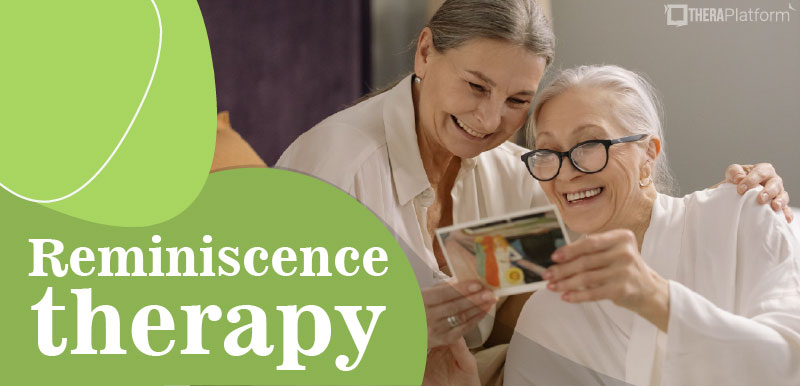
Crisis Intervention refers to psychological intervention provided on a short-term, emergency basis for individuals, families, and groups who have undergone a highly disruptive experience, such as an unexpected bereavement or a disaster; or experiencing mental health...
Read More
Neuropsychological tests are designed to examine a variety of cognitive abilities, including speed of information processing, attention, memory, language, and executive functions, which are necessary for goal-directed behaviour. By testing a range of cognitive...
Read More
The family is the foundation on which most societies are built. Family therapy might be necessary where there are disturbances in the family system. Often the problems that a person faces can be understood by going deeper into the interactions between the family...
Read More
Psychoeducation refers to the process of providing education and information to those seeking or receiving mental health services and their family members. Many individuals who have a mental health condition know little or nothing about the condition they have been...
Read More
Relaxation training is a general term that refers to methods that are used to teach and learn specific techniques to help people moderate or control reactivity or arousal that is problematic to them. It includes various arousal control methods, such as muscle...
Read More
Motivational Enhancement Therapy (MET) is based on principles of motivational psychology and is designed to produce rapid, internally motivated change. The MET approach begins with the assumption that the responsibility and capability for change lie within the client....
Read More
Interpersonal Therapy (IPT) assumes that the development and maintenance of some psychiatric illnesses occur in a social and interpersonal context and that the onset, response to treatment, and outcomes are influenced by the interpersonal relations between the patient...
Read More
Counselling professional assistance in coping with personal problems, including emotional, behavioural, vocational, marital, educational, rehabilitation, and life-stage (e.g., retirement) problems. The counsellor makes use of techniques of active listening, guidance,...
Read More
All fields of human endeavour use measurement in some form, and each field has its own set of measuring tools and measuring units. In psychology, we tend to measure behaviour by the use of various standardised tests. Psychological assessment involves the gathering and...
Read More
Cognitive Rehabilitation Therapy (CRT) is a broad term used to describe specific rehabilitation interventions designed to address problems in mental processing that are associated with chronic illness, brain injury, or trauma, such as stroke. Given the wide range of...
Read More
Supportive psychotherapy is a dyadic treatment that uses direct measures improve symptoms and maintain, restore, or improve self-esteem, ego function, and adaptive skills. This therapy is based on encouragement, optimism and support. Through supportive therapy one...
Read More
A relatively new approach, Acceptance and Commitment therapy (ACT) uses behavioural techniques in combination with an emphasis on clients’ use of language to alleviate client distress. Here, the focus is on accepting a feeling, event, or situation rather than avoiding...
Read More
Couples Counselling is a type of counselling in which a clinical psychologist with expertise in working with couples, helps focus on issues confronting relationships between partners. With the aid of the therapist, the partners can gain insight into their...
Read More
Cognitive Rehabilitation Therapy (CRT) is a broad term used to describe specific rehabilitation interventions designed to address problems in mental processing that are associated with chronic illness, brain injury, or trauma, such as stroke. Given the wide range of...
Read More
Rational Emotive Behaviour Therapy (REBT) is a type of cognitive behaviour therapy first used by Albert Ellis which focuses on resolving emotional and behavioural problems. The goal of the therapy is to change irrational beliefs to more rational ones. REBT involves...
Read More
Behaviour therapy is a direct and active mode of therapeutic intervention that recognizes the importance of behaviour, acknowledges the role of learning, and includes thorough assessment and evaluation. Instead of exploring past traumatic events or inner conflicts,...
Read More
Nutrition is an important part of a healthy lifestyle. Without proper nutrition, one does not have enough energy to make it through the day. Also, health declines without proper nutrition, making one more susceptible to illness and disease. Also, certain problems like...
Read More
